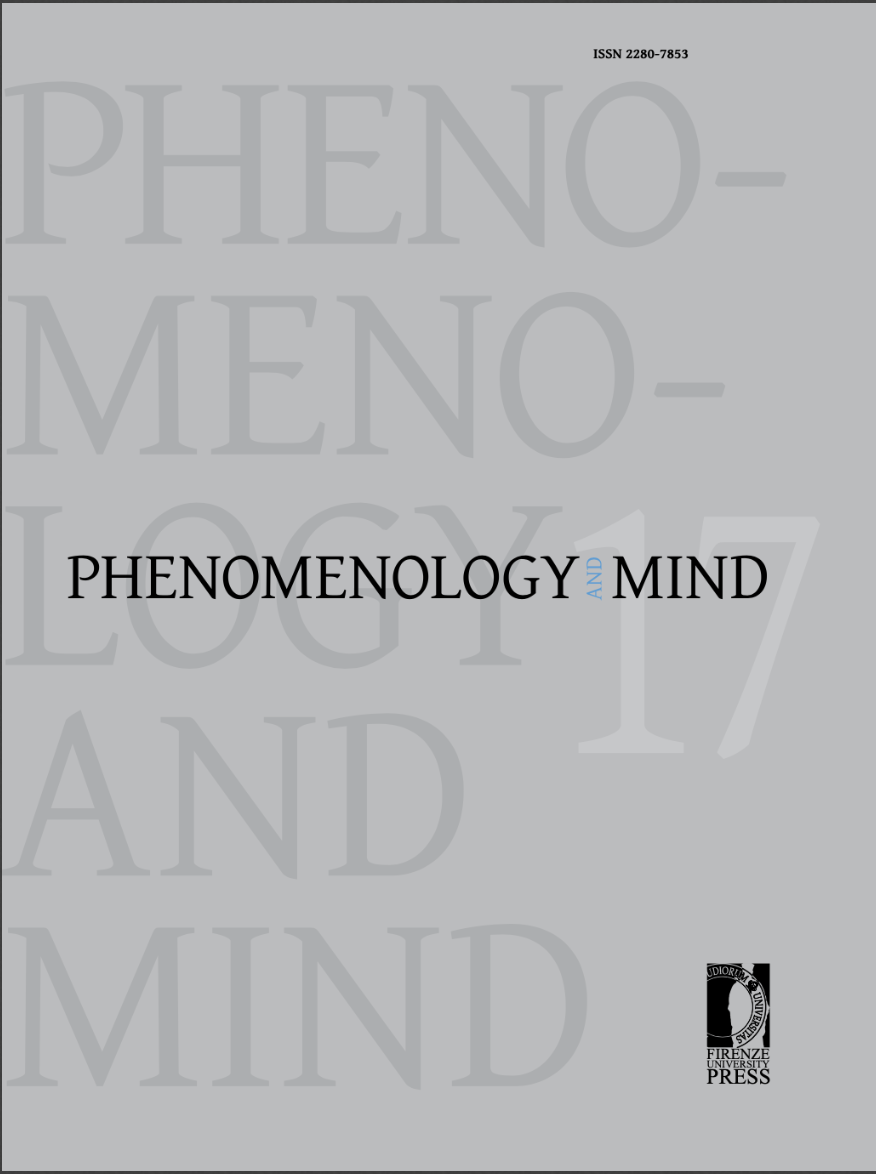Published 2016-11-26
Keywords
- Husserl,
- phenomenology,
- habit,
- self,
- sociality
How to Cite
Abstract
Husserl’s phenomenology offers a very complex treratment of the full conscious person as constituted out of its capacities and habitualities. Human existence develops itself habitually through its intentional meaningful practices both individually and communally. Habit can be found at all levels in the constitution of meaningfulness (Sinnhaftigkeit), from the lowest level of passivity, through perceptual experience, to the formation of the ego itself, and outwards to the development of intersubjective society with its history and tradition, to include finally the whole sense of the harmonious course of worldly life. Husserl uses a range of terms to express his concept of habit including: Habitus, Habitualität, Gewohnheit, das Habituelle, Habe, Besitz, Sitte, and even Tradition. Husserl’s account deeply influenced Ortega Y Gasset, Alfred Schutz, Martin Heidegger, and Maurice Merleau-Ponty, and Pierre Bourdieu, among others. This paper will give an overall analysis of Husserl’s conception of the habitual self.

